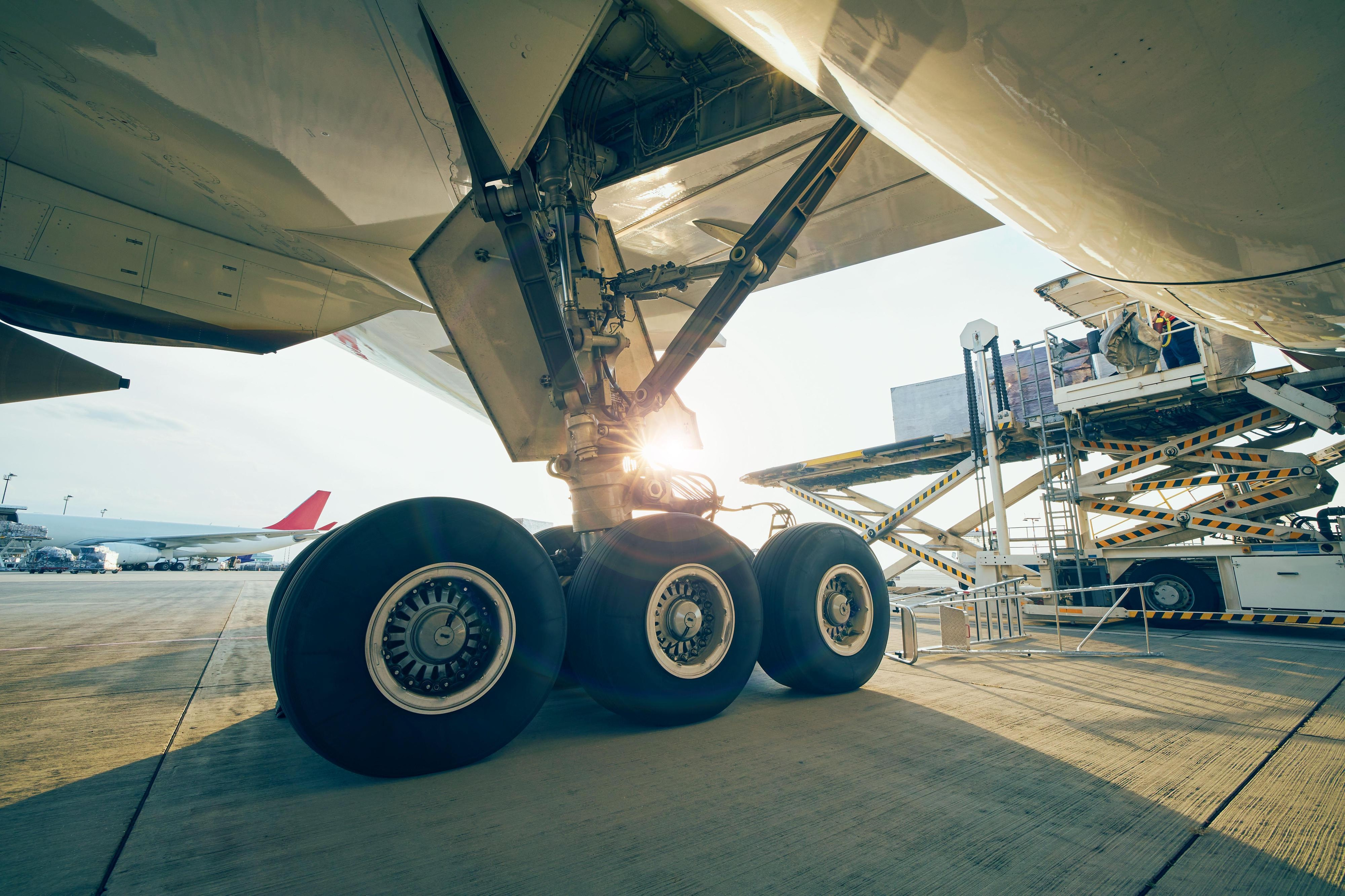
Smarter email, faster business.
Trending
Airlines and Aftermarket Seek Greater SAF Support from Europe

Airlines and Aftermarket Seek Greater SAF Support from Europe
Industry Commitment and Calls for Enhanced Backing
Air France Industries KLM Engineering & Maintenance has committed to incorporating sustainable aviation fuel (SAF) in 10% of its engine testing operations, equating to approximately 30 test runs annually at its Paris and Amsterdam facilities. This initiative reflects a broader push by airlines and aftermarket stakeholders across Europe who are intensifying demands for stronger support to accelerate the production and market development of SAF.
In a joint open letter addressed to European ministers, leading industry players—including Airbus, Boeing, Air France-KLM, IAG, and easyJet—highlighted significant shortcomings in current public support frameworks. They identified two critical market failures hindering progress: the absence of revenue certainty for SAF producers and substantial price risks for buyers. These factors, they argue, are impeding investment in SAF projects, particularly in the emerging sector of e-SAF, a synthetic fuel derived from clean electricity.
Regulatory Landscape and Market Challenges
The European Union’s ReFuelEU Aviation initiative mandates that e-SAF constitute 1.2% of fuel used at EU airports by 2030, increasing to 35% by 2050. Although around 40 e-SAF projects have been announced across Europe—accounting for roughly 60% of planned global capacity—none have reached a final investment decision. This hesitation is largely attributed to uncertainties surrounding future revenue streams and pricing structures.
To overcome these obstacles, the aviation sector is advocating for the establishment of a government-backed intermediary entity, functioning similarly to a commodity trader. This body would secure e-SAF purchases through long-term contracts, thereby providing producers with revenue certainty. Subsequently, the intermediary would resell the fuel via short-term contracts, offering flexibility to airlines and fuel suppliers. Proponents argue that this double-sided auction model would optimize the use of public funds, reduce the price gap between SAF and conventional fuels, and foster the development of a self-sustaining, dynamic e-SAF market within Europe.
Concerns Over Europe’s Competitive Position
Despite Europe’s early leadership in e-kerosene development, concerns are mounting regarding the region’s capacity to sustain momentum. Insufficient funding and the limited involvement of traditional fuel suppliers in the SAF market pose significant risks to continued progress. The International Air Transport Association (IATA) has criticized the EU’s SAF mandates, labeling the high compliance costs as a “great green scam.” Airlines also caution that the elevated cost of SAF, combined with regulatory demands, could lead to increased airfares as the industry strives to meet its net zero emissions target by 2050.
As the aviation sector presses for enhanced policy support and innovative market mechanisms, the future of sustainable aviation fuel in Europe remains uncertain. Stakeholders emphasize the urgent need for coordinated action to preserve the region’s leadership in the global transition toward cleaner aviation.